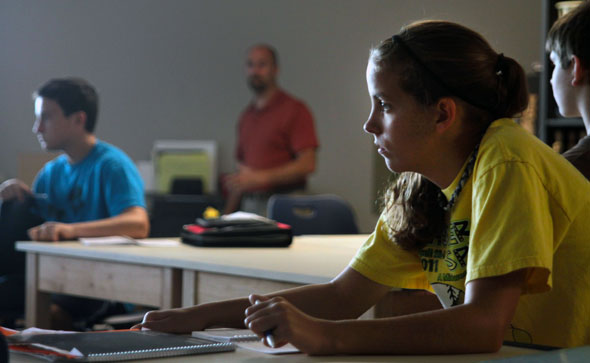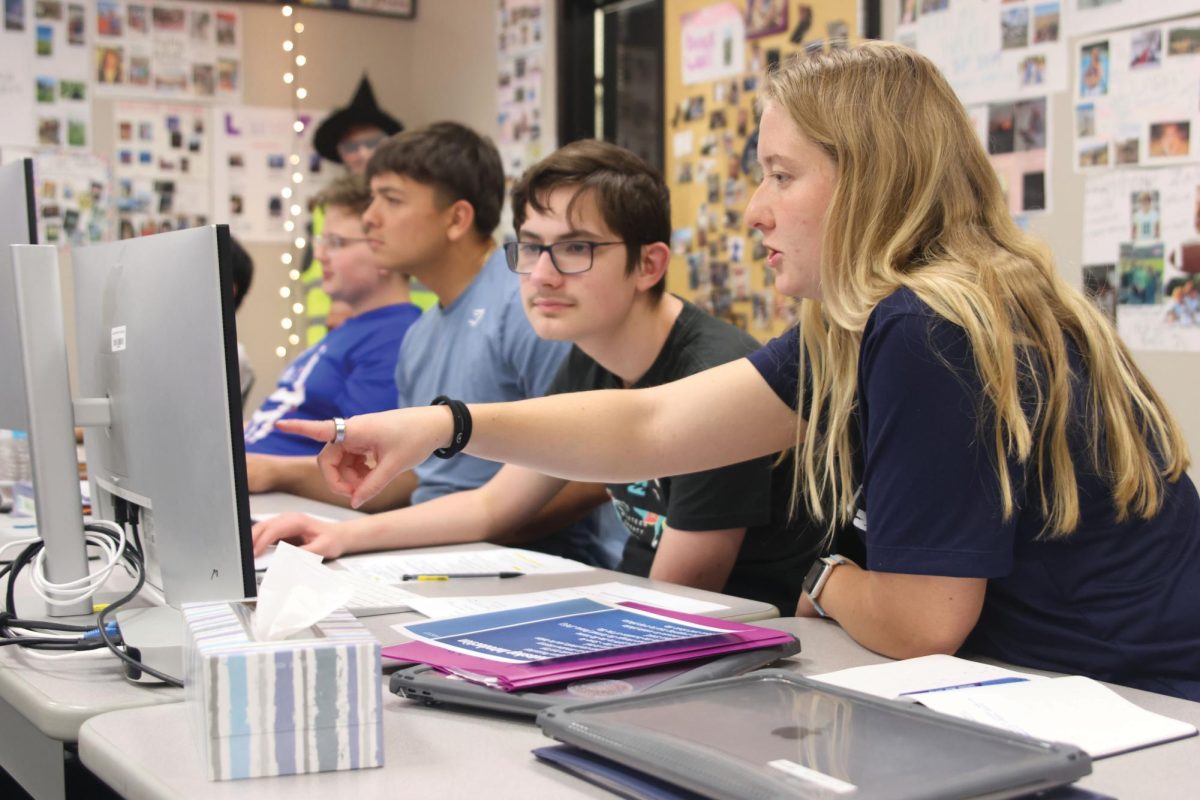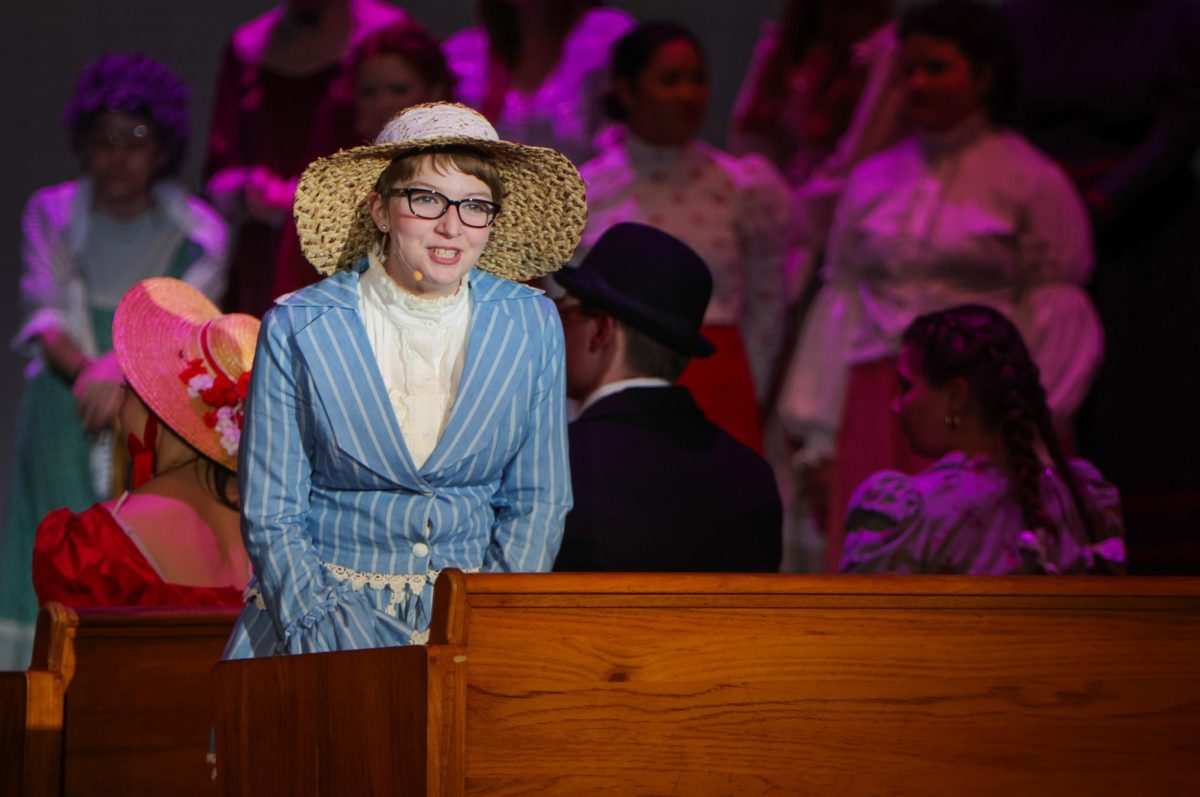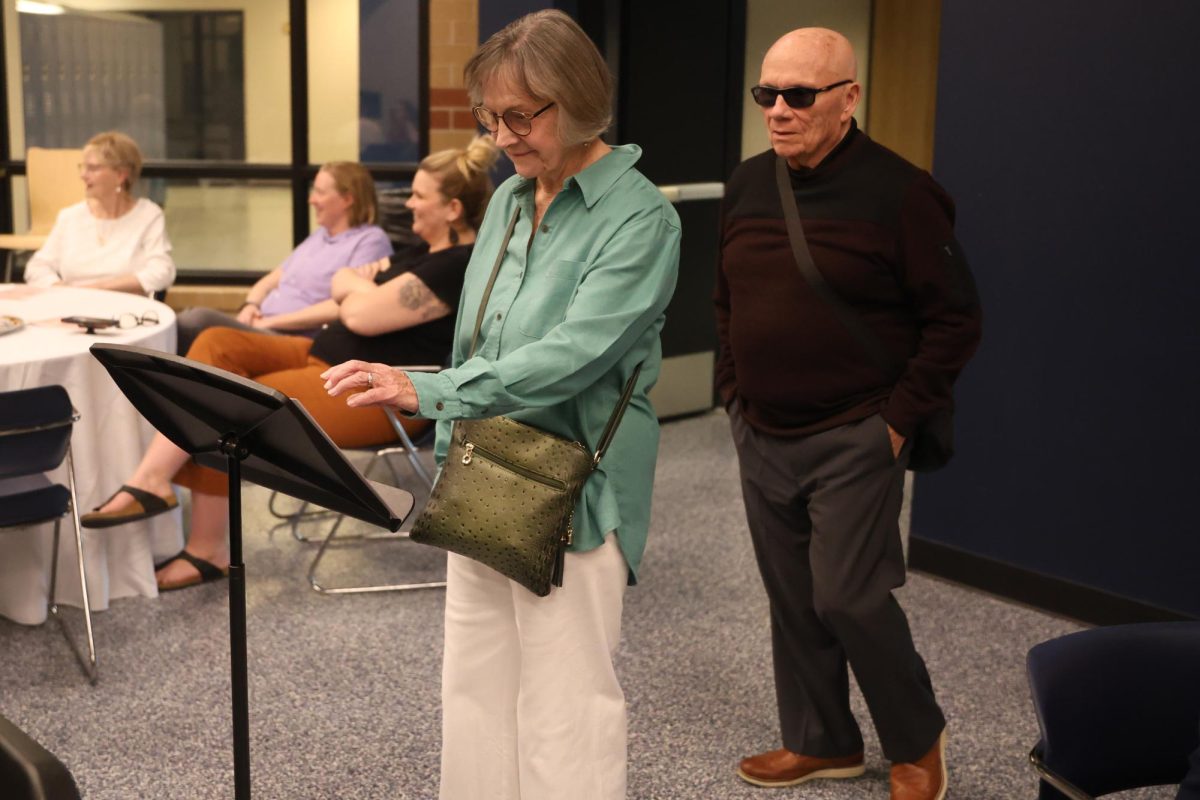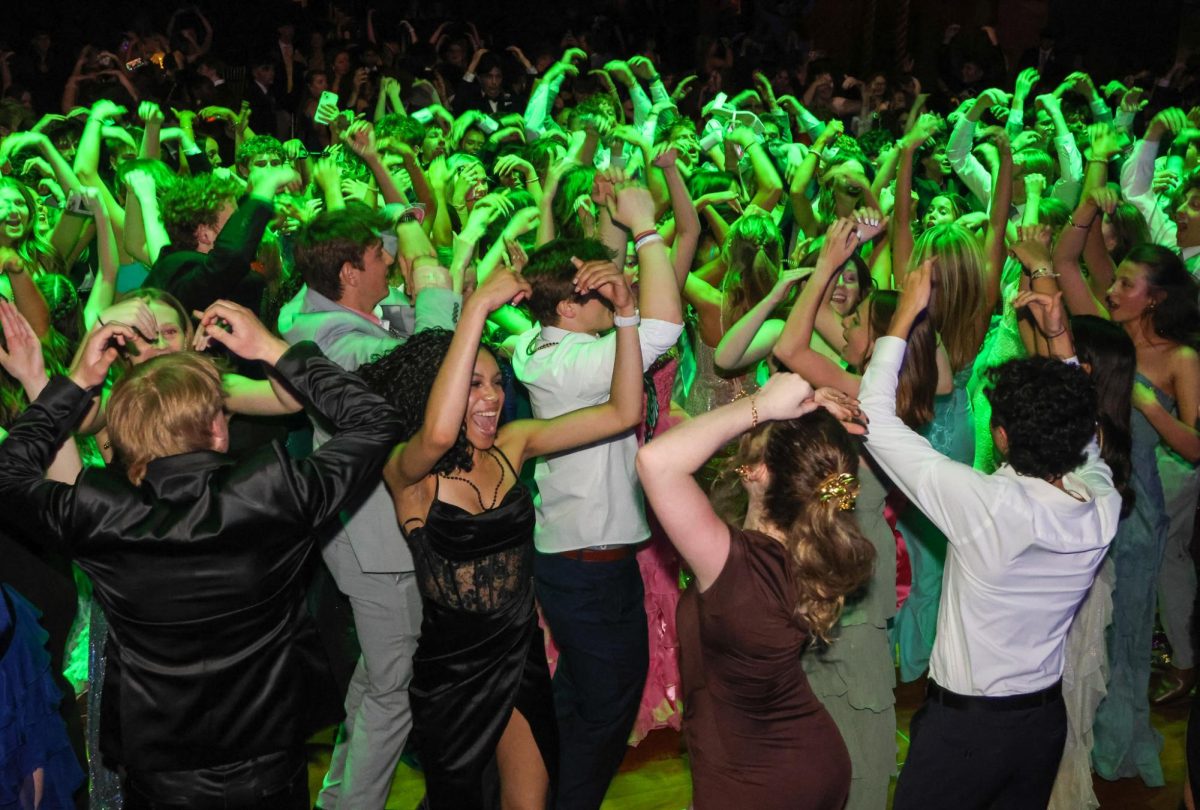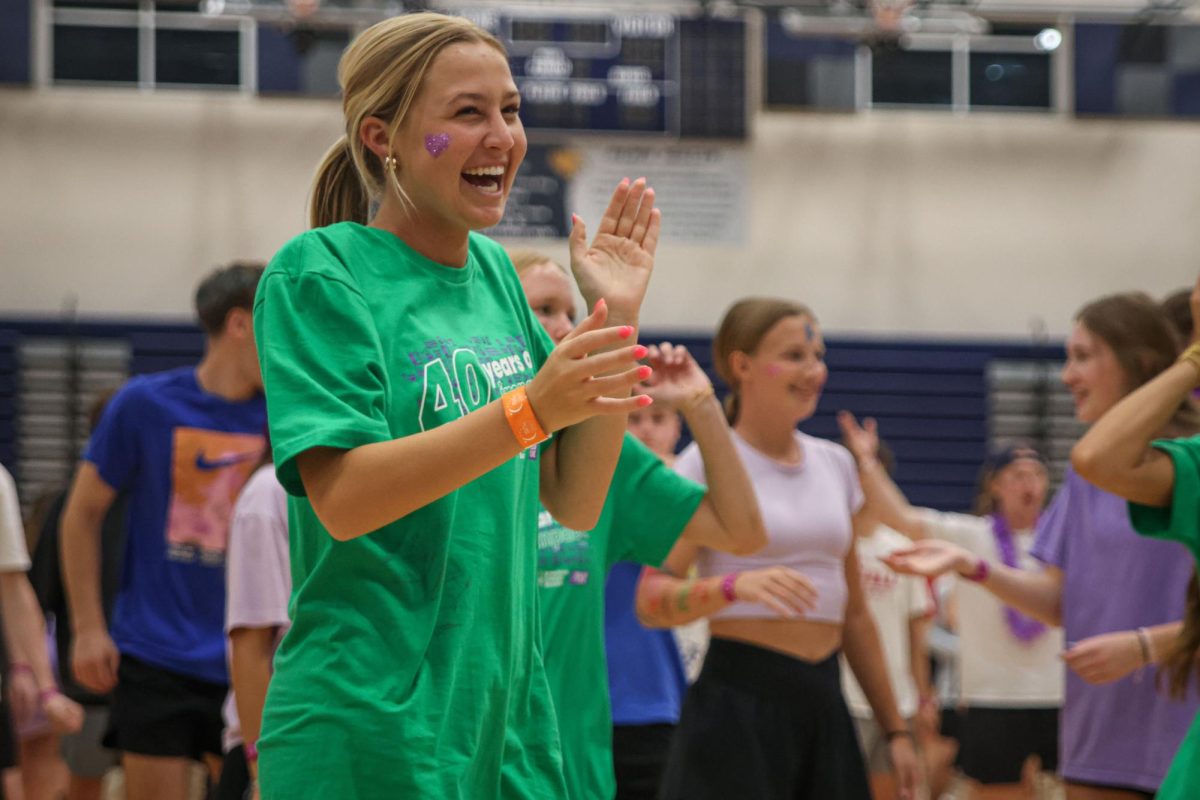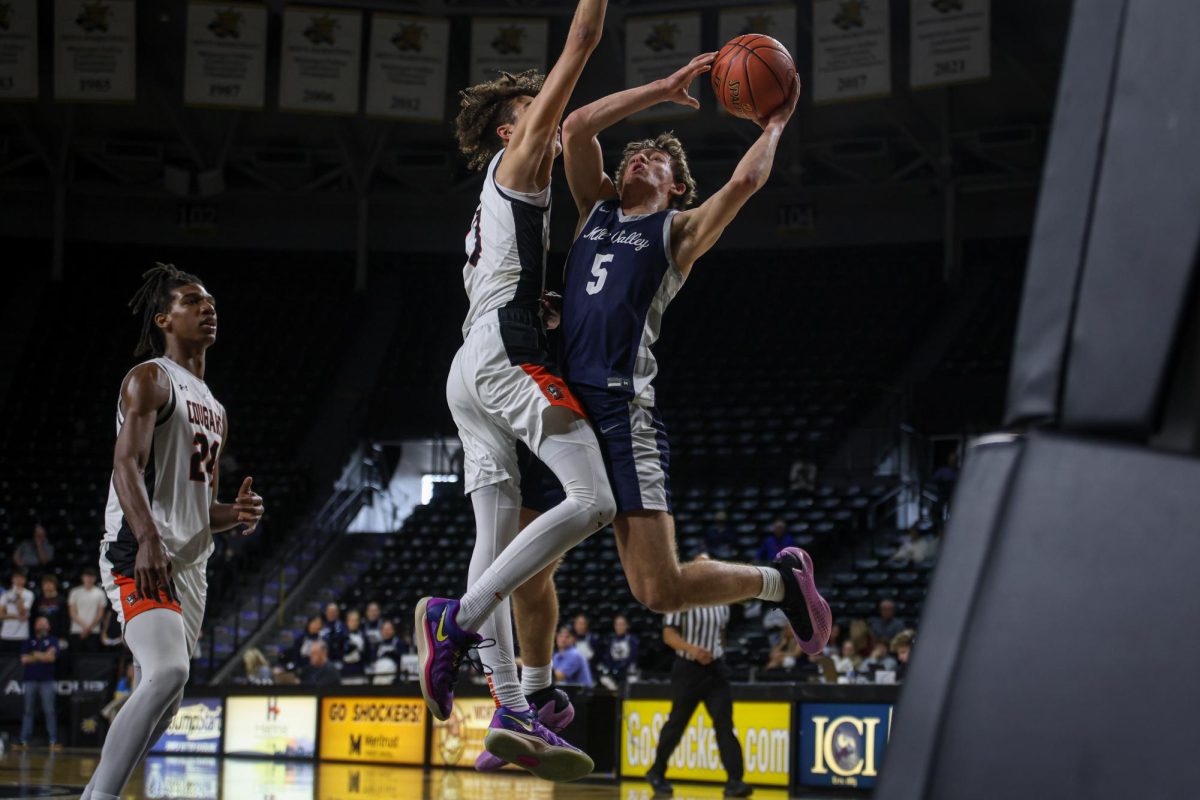Following staff discussion this summer, seminar has been moved to the end of the day in order to promote what the school calls positive behavior supports.
Originally introduced last April, the idea to move seminar was examined and later formalized in a July presentation by principal Tobie Waldeck and agreed upon by smaller groups of teachers and administrators working with students for input. Administration hopes to reduce tardies and increase instructional time, in turn promoting positive student behavior, and the change in seminar time seemed a good option to help in those goals.
To encourage unmotivated students and reward hardworking students, the changed seminar will also include the promise of an early dismissal for qualifying students. If a student meets certain attendance and grade criteria and has served any punishments such as detentions, he will have the opportunity to leave seminar early a certain number of times throughout each semester. The system is already in place at De Soto High School and some area schools.
“All too often, we don’t recognize the good things people do,” associate principal Jennifer Smith said. “Also when you’re a student, the most important thing to you is your time and we can reward people now with time.”
Early release dates will be determined by the administration and shared with students and staff soon. It has been determined that up to 12.5 hours of time or two full schools days could be awarded to eligible students and that there will not be an early release in the first week of school or shortened weeks. All parents must give permission for their student’s release and seminar teachers will be in charge of monitoring a student’s eligibility for a release.
“The change was looking at what would best help our students,” Smith said.
Athletes as well as students needing extra time to take tests after school were considered in making the change.
Track coach Chris Dunback said many of his spring athletes missed five or six Blue days in the track season last year due to early dismissal for meets.
“The kids would say, ‘My gosh, I miss a lot of that class’ and they would have to go in before or after school to get help,” Dunback said.
Junior track athlete Emily Brigham was one of those students.
“French class was terrible [to miss] because you have to be there to learn it,” Brigham said. “I would go in two or three days of seminar trying to figure out what I needed to make up. It’s not like she could re-teach it to you in five seconds.”
Math teacher Laurie Deuschle saw the effects missing classes for sports had on athletes, as she had to alter her teaching style to accommodate for such students.
“When they come in during seminar for me, I give them my notes and have them copy it down and then I have them ask questions, but I don’t really teach them,” Deuschle said. “For some students that’s okay and for some students, it’s like a foreign language on their own.”
Some concern remains surrounding the new time. For students like senior Shannon McGraw, an end-of-the-day seminar is at a bad time.
“Right after lunch and fifth block I feel like falling asleep while in the morning I feel productive and energetic,” McGraw said. “It’s a good idea for athletes, but what about everyone else? They’re going to sit there and tiddle around.”
Deuschle has some similar concerns.
“[My concern is] that they don’t come back after signing my pass because they already don’t come back,” Deuschle said.
To monitor seminar attendance, administration is looking to limit travel period to and from classes as well as time afforded for a student to go to the bathroom or to the water fountain. Overall, Deuschle sees the benefits of the changed seminar time.
“Hopefully it will encourage more students if not all students to maintain grades C and above and not have discipline referrals,” Deuschle said. “And if they do have discipline referrals, to take care of them in a timely fashion.”


